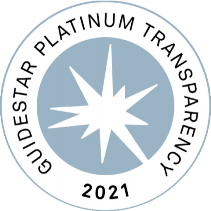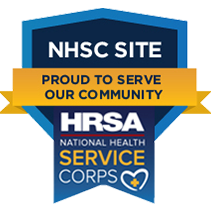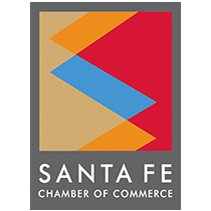Helping Rewrite New Mexico’s Story
Careers
Annual Reports
Leadership Team
Recovery is Possible
In New Mexico, one in 10 adults – and one in six young adults 18-25 – is estimated to have a substance use disorder. Alcohol, specifically, kills New Mexicans at a higher rate than anywhere else in the country.
Seeking treatment can be daunting, and people can face multiple barriers including stigma, health insurance or lack of support. But we believe that recovery services should be accessible to all who need them.
Santa Fe Recovery Center is a nonprofit organization that has been providing compassionate treatment to support people throughout their full journey of recovery from addiction, substance use, and related mental illness since 2005.
In early 2020, at the request of the State of New Mexico Department of Health and the New Mexico Human Services Department, Santa Fe Recovery Center was tapped to fill the void in evidence-based SUD treatment options in McKinley County. Later that year, Santa Fe Recovery Center opened Four Corners Detox Recovery Center (FCDRC) in Gallup, NM, in an effort to help eliminate the gaping health disparities in this rural, underserved community.
Our Vision
Santa Fe Recovery Center envisions recovery for all individuals struggling with addictions.
Our Mission
Santa Fe Recovery Center works with individuals to sustain lasting recovery from substance use disorders and related mental health disorders by providing culturally proficient, evidence-based treatment and education in partnership with other community organizations.
Our Values
We operate with integrity and treat each client with compassion and respect in a safe and nurturing environment.
We provide a broad continuum of care with a wide array of services to ensure a transition from detoxification to long-term recovery.
Statement of Inclusivity
To advance our goals of diversity, equity, inclusion, and social justice for the success of our clients and employees, we must honor that each individual is unique and that our individual differences contribute to the ability of the organization to support our clients on their path to recovery. We are committed our policies and procedures that reflect these goals, encourage individual and systemic change, continually reflect on our efforts, and hold ourselves accountable for the results of our efforts in accomplishing our goals. In service of these goals, Santa Fe Recovery Center fosters equality and opportunity in the workplace.




Fully Accredited Alcohol and Drug Treatment Program
Our CARF (Commission for the Accreditation of Rehabilitation Facilities) accredited treatment programs blend the traditional 12-step philosophy with current state of the art, empirically based treatment practices. Clients experience how the stigma of addiction and mental illness can be overcome through compassionate and cooperative care provided by our community and staff.
*SFRC uses the American Society of Addiction Medicine (ASAM) criteria and the Bio-Psychosocial Model for assessments and programmatic development.
* ASAM criteria consider several different dimensions in the client’s life from substance use, mental health conditions, medical conditions, and access to a safe stable living environment. The Bio-Psychosocial Model is a broad view that attributes disease outcome to the intricate, variable interaction of biological factors, psychological factors, and social factors.
Santa Fe Recovery Center services are provided without discrimination due to race, color, sex, age, national origin, disability, religious belief, gender identity, sexual orientation, political affiliation, or inability to pay. Sliding fee discounts for essential services are offered based on family size and income.
Los servicios de Santa Fe Recovery Center se brindan sin discriminación por motivos de raza, color, sexo, edad, nacionalidad, discapacidad, creencias religiosas, identidad de género, orientación sexual, afiliación política o incapacidad de pago. Descuentos para los servicios esenciales son ofrecidos dependiendo de tamaño de la familia y de los ingresos.
